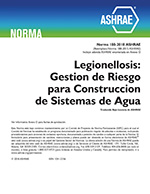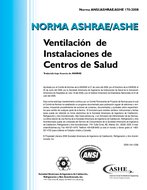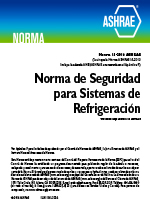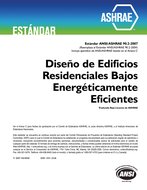Description
Universities have traditionally utilized central heating plants to provide the space heating requirements of the campus buildings. This included the piping infrastructure necessary to distribute the heat (steam or hot water) throughout the campus to multiple buildings. Over the last ten to fifteen years, as energy prices have fluctuated, environmental issues have grown, electric utility grid reliability has declined, and energy requirements (electric and thermal) on campus have increased, more universities have looked to combined heat and power (CHP) as a potential answer to their energy and environmental issues. This paper will highlight three case study examples of how universities have utilized CHP to address their particular energy and environmental issues.
Units: Dual
Citation: Symposium, ASHRAE Transactions, vol. 108, pt. 2
Product Details
- Published:
- 2002
- Number of Pages:
- 5
- File Size:
- 1 file , 360 KB
- Product Code(s):
- D-8981




